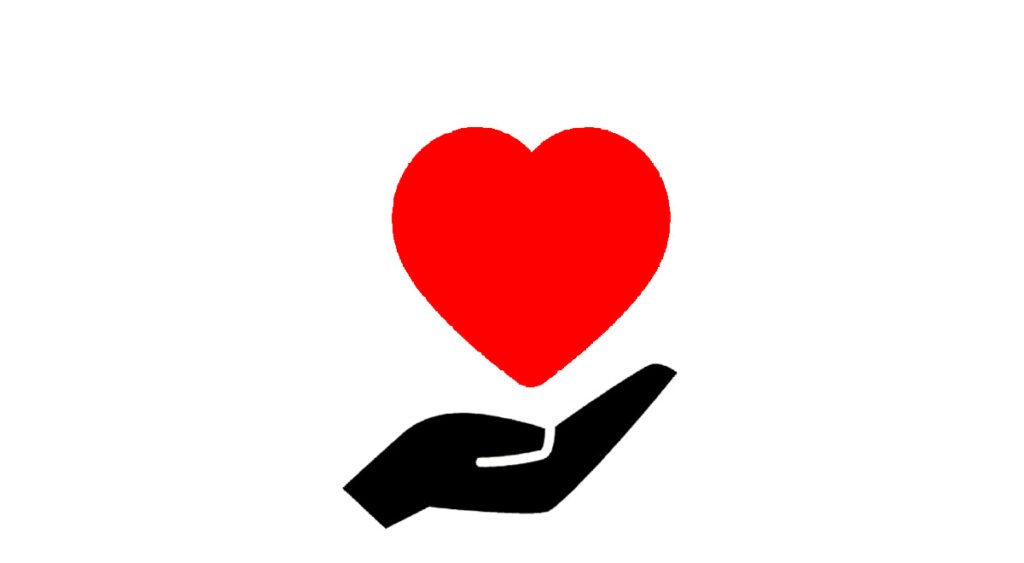12 Tips to Help You Succeed – Part Three

Wollongong, NSW
It’s taken me 38 years in business to learn these 12 tips, most of them the hard way! You certainly don’t have to agree with all of them, but I hope that at least some of them help you.
I gave a detailed introduction to this series at the start of Part One. So I won’t repeat it, but simply link to it here.
You can also see Part Two here.
Below is Part Three, the final instalment of this three part series.

9. You Can’t Get There on Your Own
To succeed in any business, you need two teams to help you. One is external, the other internal.
Your external team consists of your accountant, lawyer, insurance broker, finance broker your key suppliers, possibly a business coach or some other specialists specific to your business such as a customs broker if you’re an importer, a logistics partner if you do third party warehousing and so on.
By all means, if you’re not happy with any of your current providers of these services then ask around widely, short list, talk to potential providers and try the one you think is best.
But once you’ve found the right one, I strongly believe that you’ll reap the benefits from being a loyal customer and sticking with them year after year.
You only really find out how good they are when you have a problem, such as a health issue, family crisis or a major insurance claim. That’s when you need them most and the goodwill you’ve built up over years of loyal business will result in them going the extra mile for you.
Of course, your internal team is your staff.
Many business owners will tell you that staffing issues are their single biggest stress. You’re only human if you don’t find that sacking or retrenching staff can be emotionally challenging.
Whole books have been written on staff management. It’s a subject way beyond the scope of this article. But in essence, you know that you’re managing staff well when you have a unified team, who feel valued and secure in their employment, who look out for each other and work together to achieve common goals.
In my business experience, we’ve always been blessed with great staff and had very low turnover rates. If I had to give key reasons why I would say because we’ve always genuinely cared for our team and treated them with respect. I’ve also been eager to trust them fully and delegate responsibilities, which in turn helps them feel empowered.
I’ll finish this section with just one piece of advice.
Don’t confuse staff with family.
By all means, treat your staff with respect and be friendly, but ultimately, if you’re the business owner you need to consider each employee’s conditions of employment in terms of the value they bring to your business.
If that equation is not consistently in the black then you need to take action, which might involve staff training and empowerment, rather than simply a pay cut which will probably result in them leaving. You can’t expect them to work for a pittance out of loyalty.
Likewise, don’t assume that your family members will be the best staff just because they’re family. Hire with care! You have no room for passengers in a small business. It’s a lot harder to sack your son or wife than an employee who’s not part of your family!

10. If Your Life Gets Out of Balance, You’ll Fall
Everyone’s heard of work/life balance. Just like riding a bike, if you get out of balance, you’re heading for a fall.
What’s the point of working hard to make millions of dollars to find that you spouse has divorced you and your kids had so little time with you growing up that now you barely communicate anymore?
Your children absorb far more of what you do than what you say. If you want to create a positive generational influence that lasts beyond your lifetime, then you need to start with your own life as an example.
Your life has three elements: mind, body and spirit. (That sounds like a good name for a consumer expo or a movie…) If you want to live not only a balanced and healthy life, but a fulfilling one too, then you need to nourish and exercise all three elements.
One of the best decisions my wife and I made, apart from getting married over 40 years ago, was during the early days of Bicycling Australia magazine when we chose to only do 11 monthly issues per year, not 12.
We closed for a month during the Christmas holidays, even though it was peak season for copy and advertising sales and not closing at all or skipping a month in the middle of winter would have made more short term business sense.
It meant that we could start a family tradition of month long summer holidays away. We went somewhere every year without fail and capped these off with a big European trip when our youngest daughter finished Year 12.
But rather than being our last family holiday, as we thought it would be, the pattern is now so strong that we’ve never stopped. Now that grandchildren have come along, we have three generation family holidays that simply mean booking a bigger holiday house and making sure it has a pool!
Take a wild guess about which I’d prefer, years of great family memories and kids that still talk to me versus making a bit more profit from an extra issue each year. In reality, there might not have even been more profit, because I might have burned out and not lasted 25 years until we sold the business.
Of course, real life is more complex than ‘either/or’ choices such as that, but never forget why you’re in business. Yes, my tip number two says, “The Aim of Your Business is to Maximise Profit.”
But as I also said in the subsequent sentence, you are not your business.
Don’t confuse the two!

11. There’s Power in Collective Action
As business owners, by nature we’re typically independent, strong willed, competitive types.
If we weren’t, then the brutal world of business would have chewed us up and spat us out long ago.
But as competitive and independent as we may be, there are some things that can only be achieved through collective action.
A great example, sometimes encouraged by major bike brands, is benchmarking. Become friends with some of your fellow dealers who are way across town or interstate. Once you have clear understanding about the need for confidentiality, then candidly discuss and compare all of your business financials and issues with them – everything from how much you’re paying for each staff member, to your sales, stock turns, margins and any other business metric that’s important to you.
I did this for years with another independent publisher who was based interstate and whose magazines had very little overlap with ours. It was a very valuable relationship, for me at least and I think sometimes I could help the other guy too, even though his business was much larger than mine.
Collective action is also required when it comes to setting and maintaining helpful industry standards and government regulations.
Another example is industry-wide trade shows. These also require a degree of community spirit. Having run the Bicycling Australia Show for a decade back in the late 1990’s and 2000’s, I saw both the power of collective action and how easily it can be eroded if one or two key players choose not to take part.
The same has happened in recent years even at the leading global shows like Eurobike.
I understand all the commercial arguments for running private shows instead. But in my opinion, there’s a need to also make the pie bigger for everyone, not just to fight for a bigger slice at someone else’s expense.
The same argument applies when it comes to public lobbying and advocacy. You only have to look at Australian organisations such as the National Farmers’ Federation or the Australian Medical Association to see the power of collective action when many commercial competitors work together. Governments bend over backwards to keep these groups on side and their members reap large financial benefits as a direct result.
Unfortunately, the same can’t be said for our own advocacy efforts in the bicycle industry. More of us need to appreciate how closely intertwined effective cycling advocacy is with our long term business profitability. Studies have shown that if more people ride more often they’ll not only buy more bikes, but better quality bikes. They’ll need more replacement tyres, drivetrain parts, brake pads and servicing. These are future profit growth areas for our industry. None of us are large enough to grow Australian cycling on our own.
Only if we all share the load will we all see the benefits.

12. Giving it Back is Your Reward!
I’ve saved my most important tip until last.
You’ve worked hard and built your business. The world would say you’re successful, but why don’t you always feel fulfilled?
It’s time for you to progress from success to significance.
Just about every belief system from Karma to Christianity talks about sowing and reaping.
If you give, you will receive.
But you shouldn’t just give to get. This is not some spiritual ATM that dispenses defined amounts exactly when you want them.
It’s also not just about money. It’s about developing an attitude, a lifestyle, a continuous flow of generosity.
What’s in your hand?
You might give a local kid from a rough part of town a start with their first part time job after school hours, starting them on building bikes and mentoring them over time.
You might help a struggling single mum fix her pram wheel free of charge.
I know that so many of you have already been doing things like this for years. Please allow me to encourage you, don’t just keep doing more of the same, but give more often and with deliberate intent.
As I come to an end of this long chapter of my life in bicycle industry media, if you were to ask me what our most satisfying achievements over this time have been, they would not relate to business wins, even though we’ve enjoyed a couple of those.
Rather, I would talk about charity events we’ve founded, people and causes we’ve be able to help, family members that we’ve been able to employ and empower.
At the end of the day, these are the things that will bring you the greatest satisfaction.
Final Thoughts
I hope that at least some of my 12 tips resonate with you and will help you succeed in achieving whatever goals you choose to set for yourself. But as important as it is to listen to good advice, ultimately there comes a time for action.
It’s now up to you to take the next steps.
